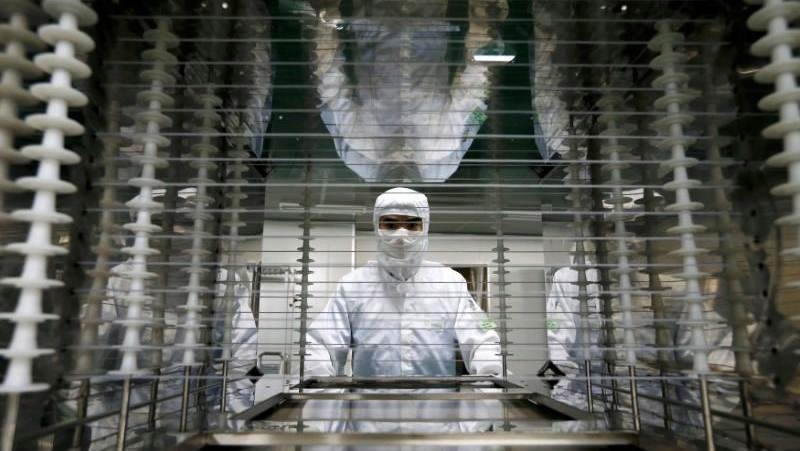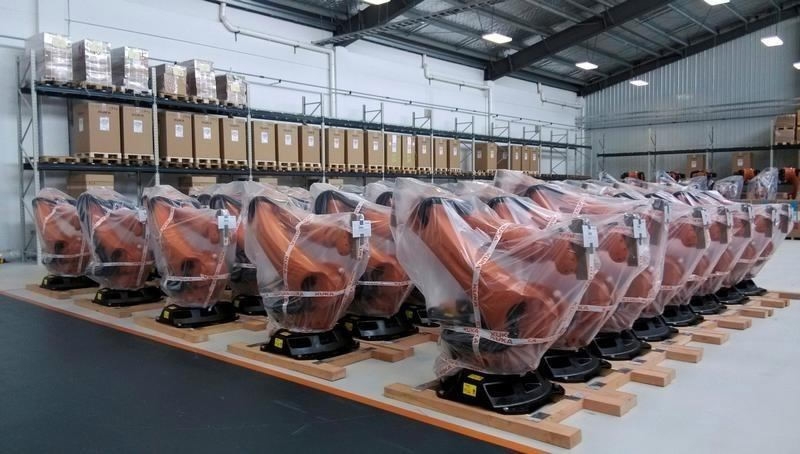
Business
15:20, 31-Jan-2018
US experts upbeat on momentum of China's growth
CGTN

A fusion of booming domestic consumption, innovation and favorable government policies forces have continued to provide steam for China's economic growth, say US economists.
China's growth is propelled by an expansion in consumption power, government support and an entrepreneurship drive, said Michael Chu, co-CEO of the private equity firm L Catterton, in a keynote speech at a recent conference themed "Next China: How China will reshape our world" in New York City. "These forces are immutable. They are macroeconomic and they are demographically driven," he said
"The issue is not whether it will increase as a consumer driven economy. The question is just be how much and how fast," said Chu.
Andy Rothman, investment strategist of Matthews Asia, agreed.
The shift from an investment and export-driven economy to a consumption and service model like the one in the United States, which many thought wouldn't be possible, is taking place, said Rothman in a panel discussing China's macroeconomic outlook for 2018.
"I think a lot of people who were pessimistic maybe don't understand how much things have changed in a relatively short period of time," he said.
He said when he first went to China in the 1980s, he could hardly find a privately owned restaurant. Now, he said, almost all the new job creation in China is from small private enterprises.
China's official data showed its gross domestic product reached 82.7 trillion yuan (about 13 trillion US dollars) in 2017, an annual increase of 6.9 percent, picking up pace for the first time in seven years. The contribution of consumption to economic growth increased to 58.8 percent from 51.8 percent in 2012.
China implemented a strategy of innovation-driven growth in the past five years, and research and development expenditures have increased by an annual rate of more than 11 percent and sci-tech progress has contributed more to economic development.

/Reuters Photo
/Reuters Photo
According to Chu, China's venture capital investment has grown from 12 trillion US dollars in 2011-2013 to 77 trillion dollars in 2014-2016.
"In China, every 8 minutes there's a startup being created," Anna Fang, CEO of ZhenFund, told a technology panel. Consumption-focused startups account for about 20 percent funded by the early stage venture capital firms primarily investing in China.
"This is the best time to set up a business in China," he said, citing the massive consumer market and lots of capital and money flowing around besides talents and a big workforce in startups.
China will add 850 million people to its middle income group by 2030, or 73 percent of the population, according to a recent working paper by the Organization for Economic Cooperation and Development (OECD). In contrast, Europe will add only 16 million and North America is expected to see a decline of 16 million.
Challenges remain
Stephen Roach, former chairman of Morgan Stanley Asia, noted China's transition toward a consumption-led economy is making progress but still faces challenges.
"I'm always wary of the black-and-white, bull or bear [projections], I prefer to be a realist and think about both sets of considerations," Roach said.

/Reuters Photo
/Reuters Photo
On the one hand, he said, "China has done a terrific job in the industrial engineering piece of this by boosting the development of the services sector and pushing ahead aggressively on urbanization."
On the other hand, although all of these raised personal income share of the Chinese economy a lot, Roach said, the consumption share of GDP still has great room to grow.
Roach is the author of the 2014 book "Unbalanced: The Codependency of America and China," published by Yale University Press.
Source(s): Xinhua News Agency

SITEMAP
Copyright © 2018 CGTN. Beijing ICP prepared NO.16065310-3
Copyright © 2018 CGTN. Beijing ICP prepared NO.16065310-3